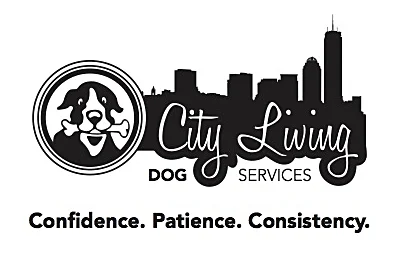I hate the term "it's all in how you raise them."
This term to me means that there's no hope for a dog that shows signs of unwanted behaviors. This means to me that everyone working so hard in shelters and rescue groups are wasting their time. Why? Because that term, "it's all how you raise them" means that no matter what you do, or who you are, that the dog could never act right or be rehabilitated.
That is wrong.
Any unwanted behavior in any dog can be changed.
How many stories have we heard about severely abused or neglected dogs being rescued from horrible situations, and then become therapy dogs, service dogs, or just stellar family members? I hear and witness success stories like this all the time.
People have dogs that they treat wonderfully, had since 8 weeks of age, no abuse, no trauma, no drama. Sometimes their dog doesn't act appropriately. Some people do everything "right" or "by the book" and still have a dog they can't control.
That is why this term is false. It's not "all in how you raise them."
By using my philosophies and mottoes, I know any dog can be taught to be a well behaved, trustworthy, respectful canine.
"Confidence. Patience. Consistency." is the first rule to always have in mind. Without all three, there is little to no chance the dog will understand what you expect of him, and make the right choices to do the right thing.
"Changing Expectations and Associations." is the next step. A good example that I come across quite a bit is your dog having fear aggression with other dogs. So every time your dog sees another dog, he starts spitting, growling, snarling, acting crazy. You immediately about face and remove your dog from seeing the other dog across the street/down the block. The association for the dog is fearful aggression when he sees the other dogs, so he acts out. The expectation that the dog has for the owner, is that the owner will remove the dog from the situation. Therefore the dog never has to face its greatest fear, which is other dogs.
So we change the expectation by not removing the dog every time he acts crazy, and the association will change because your dog will learn to trust you, and not to have fear aggression, but confidence when he sees another dog.
Therefore building the two main ingredients with any relationship: "Trust and Respect."
But according to those that believe "it's all in how you raise them" - then this could never change. (But I do it all the time with my clients and their dogs!!!)
The next time you hear someone say "it's all in how you raise them", I invite you to open their minds about what they're saying. They do mean well, but it conveys the message that any dog with a sketchy past can never be changed or trusted. Which we all know is incorrect. That is a huge disservice to anyone that adopts, fosters, rehabilitates, trains or rescues dogs.
What terms in the dog world irk you? What terms need more explanation or more understanding? I invite your input in the comments section!
Thank you.
-Coach Mike
